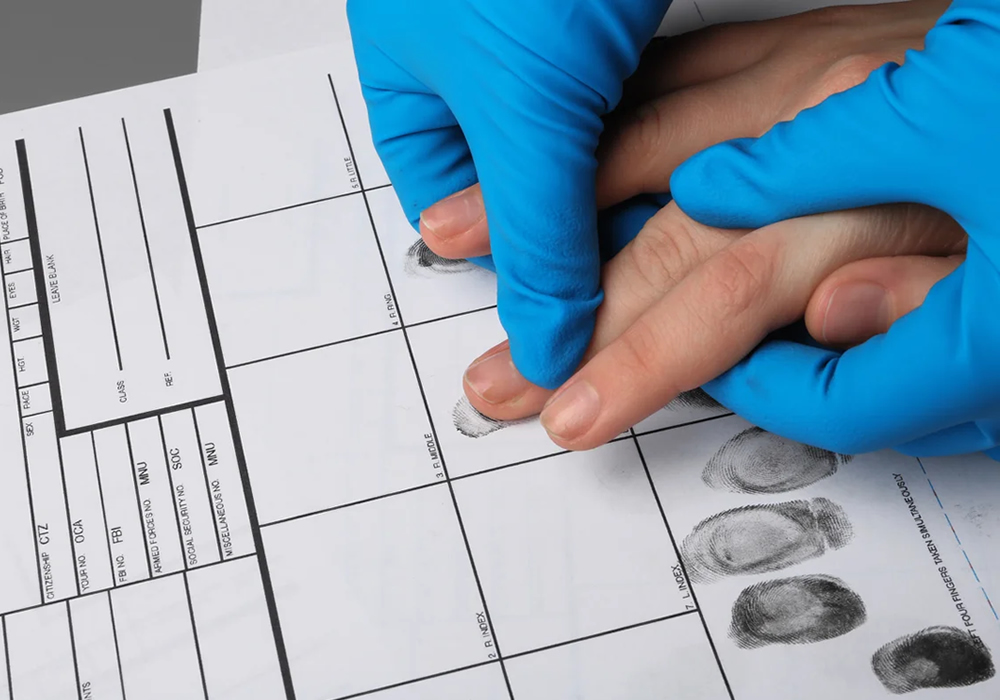
Fingerprints are scanned electronically and digitally printed. The process uses an optical scanner. After that, the fingerprint is formatted in the appropriate electronic pack. It’s sent to the RCMP’s Canadian Criminal Real Time Information System (CCRTIS). Fingerprints can be collected with this newer, more efficient technology. It’s managed by CCRITS and the RCMP. The RCMP criminal records database is checked against these fingerprints. A clearance certificate will be issued if no match is found.
Criminal files of individuals are kept by CCRIS. Additionally, the RCMP keeps fingerprints and criminal records in a highly efficient Central Repository.
Fingerprints: Why do we need them?
- Background checks often require fingerprints from employees. By matching fingerprints with the database, they want to keep their companies safe.
- A police clearance also requires fingerprints.
- To get a security license, you have to give your fingerprints.
- Fingerprints are also needed to apply for permanent residency in Canada or anywhere else.
- For a name change, you’ll need your fingerprints.
- Visa clearance.
- Border crossings and waivers for the U.S.
- You’ll also have to give your fingerprints if you work for a municipality, the Canadian Police Force or the federal or provincial government.
- Fingerprints are required for Record Suspension or Pardon.
What’s better, ink and roll or digital fingerprinting?
Ink and roll fingerprinting is popular. But this method can take up to eight months. It’s a long process. Luckily, there’s a solution. It takes less than 14 days to get results from digital fingerprinting. We keep it confidential. There’s no compromise on privacy or rights.
We offer reliable, fast, and affordable digital fingerprinting solutions.